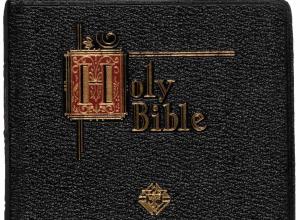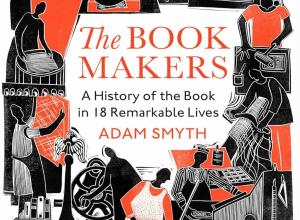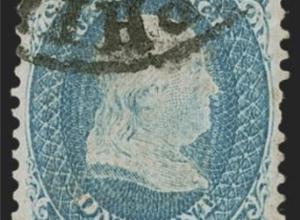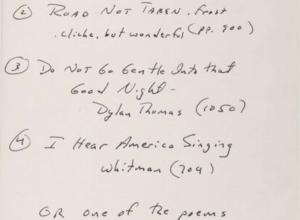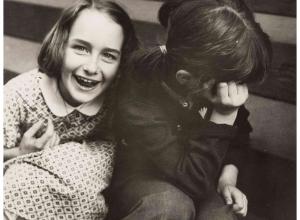Kafkaesque
Ten safety deposit boxes full of never-before-seen Kafka manuscripts are trapped in an ongoing trial over disputed ownership. On one side are two elderly Israeli women who claim to have inherited the manuscripts from their mother. On the other side is the Israeli National Library who claim the manuscripts should have passed to them. And in the middle lies a treasure trove of Kafka writings, of untold cultural and monetary value.
A quick summary of the dispute: Kafka dies in 1924. In his will, he bequeaths his writings to his friend and publisher, Max Brod, instructing him to burn everything unread. Brod ignores this wish and publishes most of Kafka's manuscripts anyway, including "The Castle" and "The Trial." Brod flees the Nazis and smuggles the remainder of the manuscripts with him into pre-state Israel. There he dies in 1968, passing on his literary estate to his personal secretary, Esther Hoffe, and instructing her to leave Kafka's writings to an institution. Hoffe ignores Brod's wishes; sells off a few of Kafka's writings including the original of "The Trial" which sold for $1.8 million at Sotheby's in 1988. Hoffe died three years later, leaving the remainder of the papers to her daughters Eva Hoffe and Ruth Wiesler. The Israeli National Library files an injunction against the execution of Hoffe's will, claiming the collection should have gone to them. Finally, a year ago, the Tel Aviv court orders the papers to be examined before making its decision about the case. And here we are today, with literary experts in two cities examining the contents and a court ruling only a few weeks away.
Kafkaesque indeed.
For more of the story, see the AP article.





